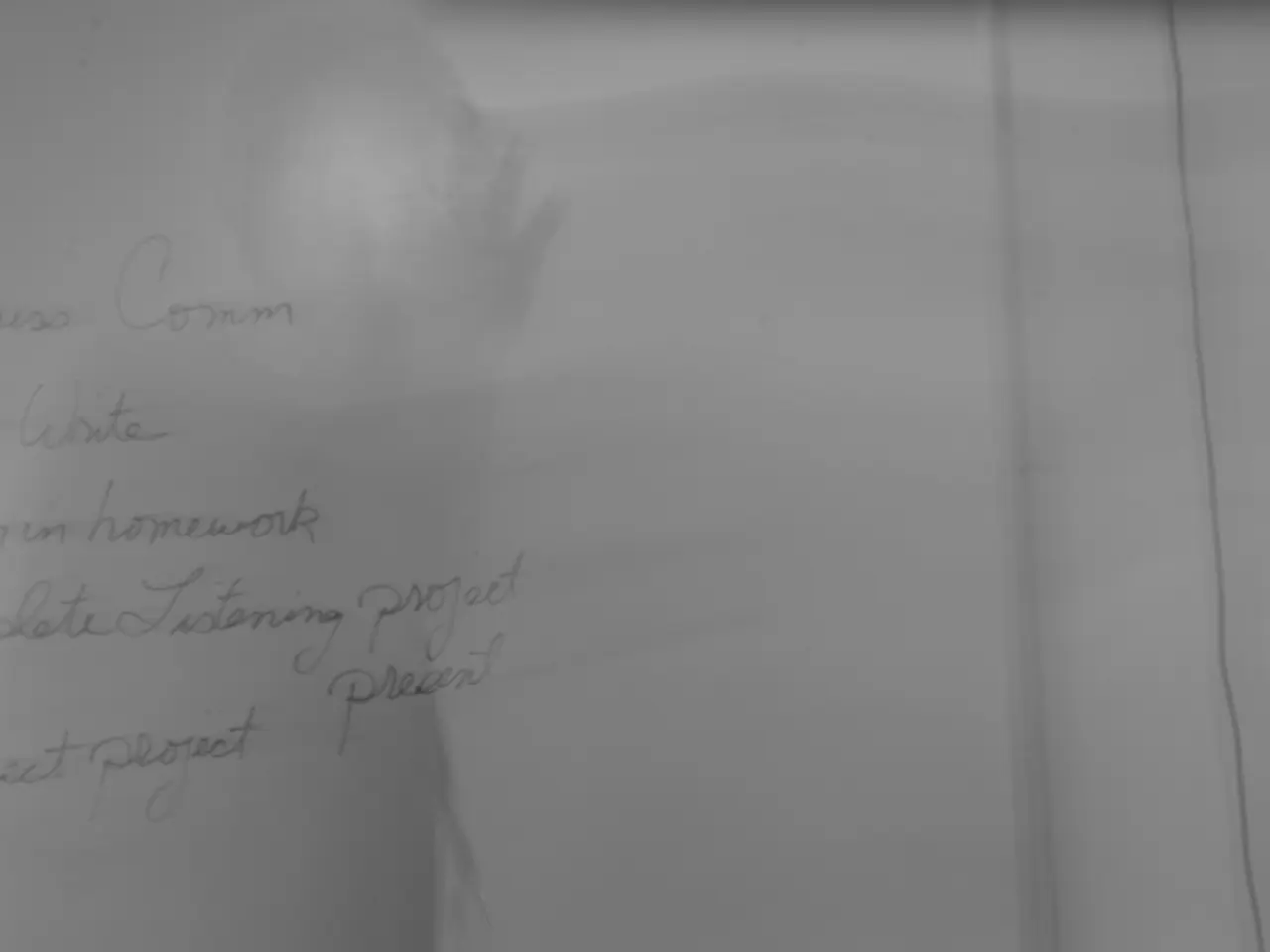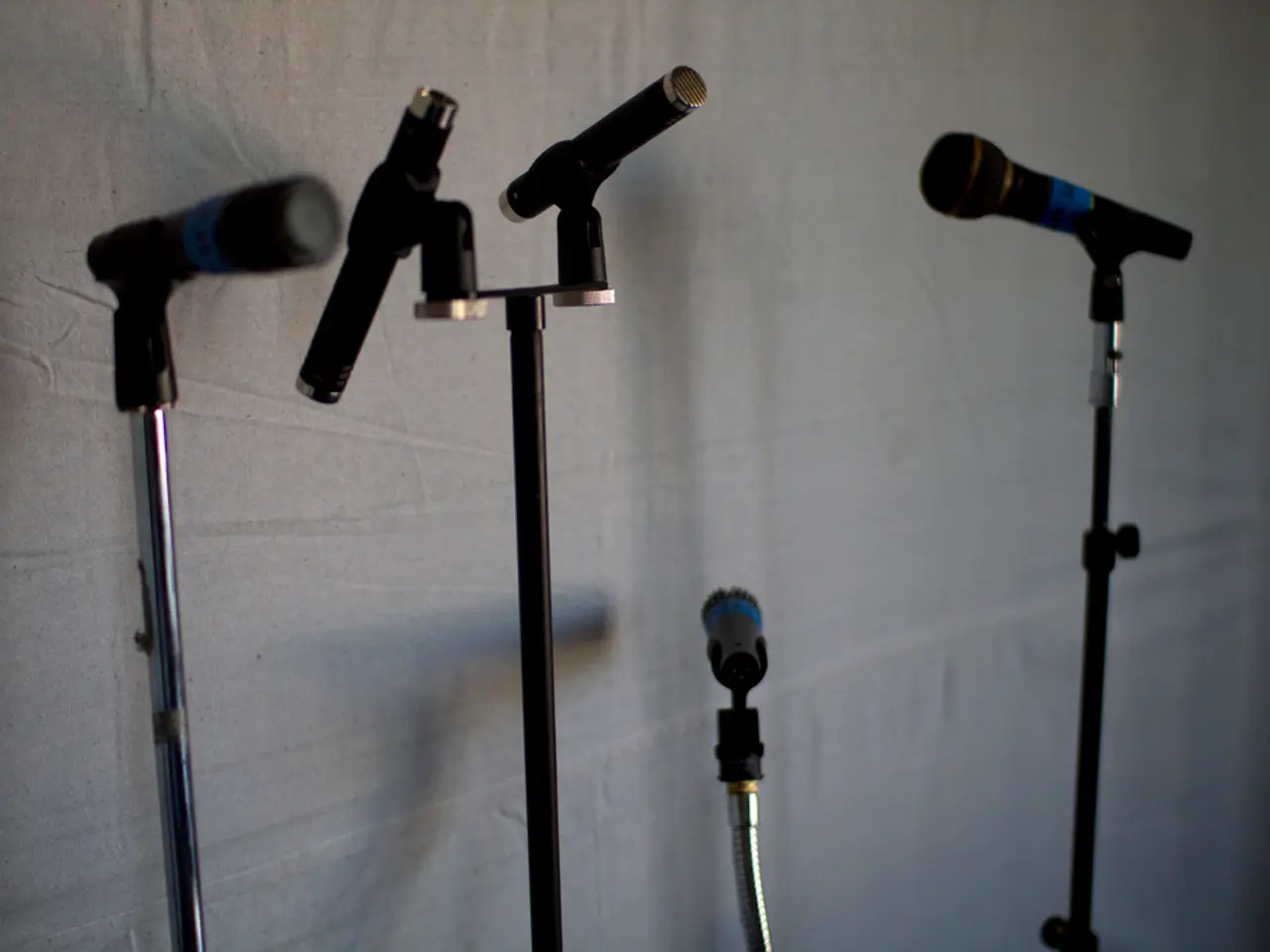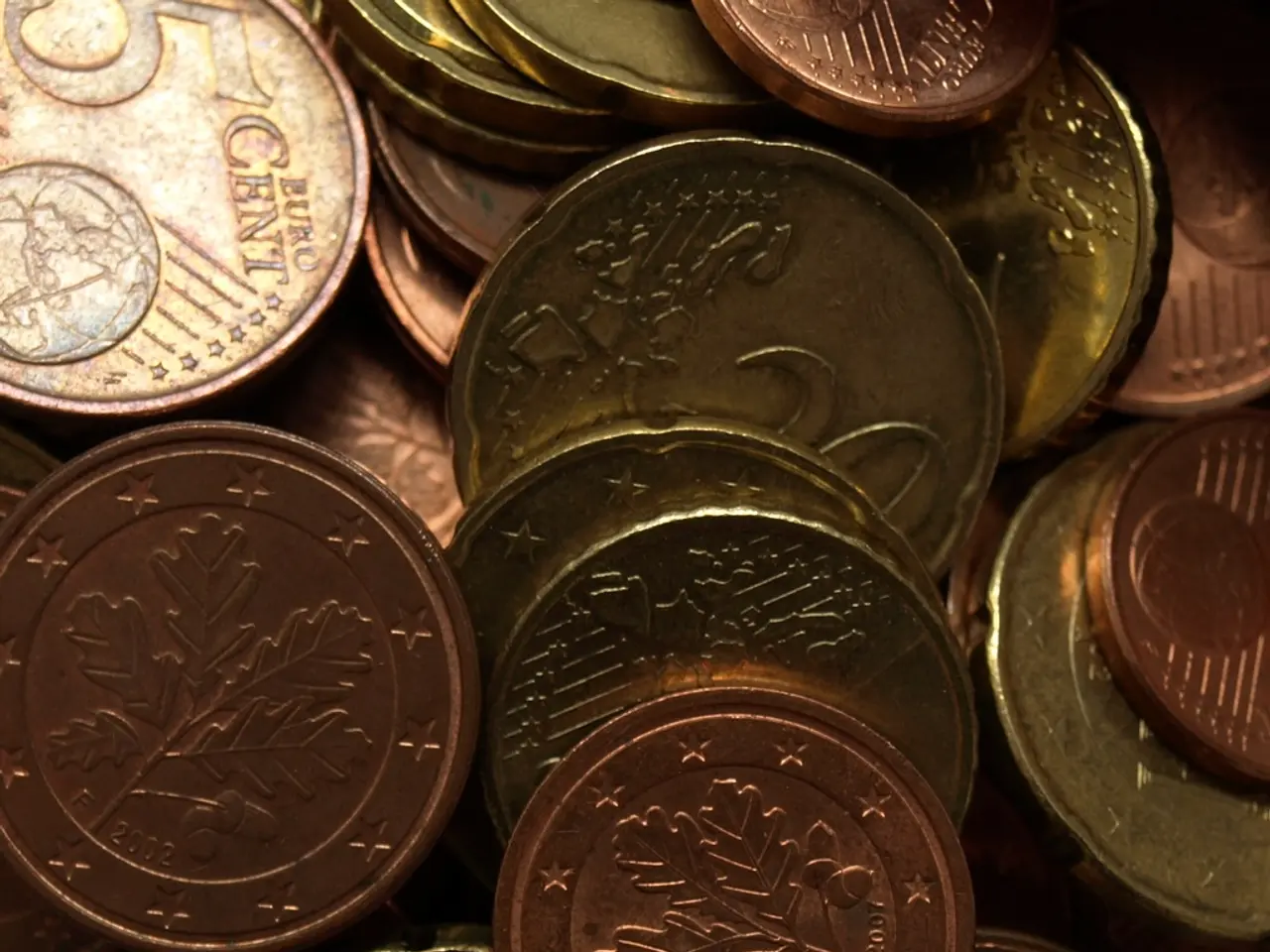Private investors' stake in private companies experiences a significant drop, reaching an eight-year low.
In an unprecedented turn of events, the share of promoters in private sector companies has fallen to an eight-year low of 40.58% as of June 30, 2025. This significant drop, from 45.13% in March 2022, is primarily attributed to substantial net selling of shares by promoters amounting to about Rs 54,732 crore in the June 2025 quarter alone.
The key reasons behind this trend include promoters capitalizing on the bullish markets to monetize their holdings, strategic financial reasons such as reducing company debt or managing legacy planning, philanthropic activities, personal expenses, or investment in other ventures, compliance with Minimum Public Shareholding (MPS) norms, and the overall institutionalization of the market.
The institutionalization of the market is evident with the increasing participation from domestic institutional investors (DIIs), who have surged to record high holdings, partly replacing promoter stakes. In the June quarter, DIIs reached an all-time high of 17.82%, following a net investment of ₹1.68 lakh crore.
The share of foreign promoters also declined, dropping to 8.02% in the last three years. In contrast, the share of the Government in PSUs increased to 9.39% in the June quarter, and the share of domestic mutual funds in companies listed on NSE reached an all-time high of 10.56%, with a net investment of ₹1.17 lakh crore.
Among insurance companies, LIC continues to command a lion's share of 69% or ₹16.76 lakh crore investments in equities. However, despite being a net buyer of ₹9,914 crore, LIC's holdings fell to 3.68% from 3.72%.
Pranav Haldea, Managing Director of PRIME Database Group, stated that promoter selling can be due to a variety of reasons. However, he reassured that as long as promoters continue to hold a sizeable stake and the sale does not happen at a huge discount to market price, there is no reason to worry.
This shift in ownership pattern is a testament to the evolving nature of the Indian stock market, with increasing institutional ownership and decreasing reliance on promoter stakes. As the market continues to grow and mature, it will be interesting to see how these trends develop further.
[1]: Source 1 [2]: Source 2 [3]: Source 3 [4]: Source 4 [5]: Source 5
- Promoters are taking advantage of the bullish markets to monetize their holdings and seek other investment opportunities, such as reducing company debt or personal expenses.
- Domestic institutional investors (DIIs) have reached an all-time high of 17.82% in the June 2025 quarter, with a net investment of ₹1.68 lakh crore, partly replacing promoter stakes.
- Foreign promoters' share in companies has dropped to 8.02% in the last three years, while the Government's share in PSUs and domestic mutual funds' share in NSE-listed companies have both increased.
- Despite being a net buyer of ₹9,914 crore, Life Insurance Corporation of India (LIC) has seen its holdings fall to 3.68% from 3.72%, showcasing the ongoing trends in market ownership.
- Pranav Haldea, Managing Director of PRIME Database Group, suggested that promoter selling can be due to various reasons, but as long as promoters maintain a sizable stake and sell at market value, there is no worrying cause for concern.




